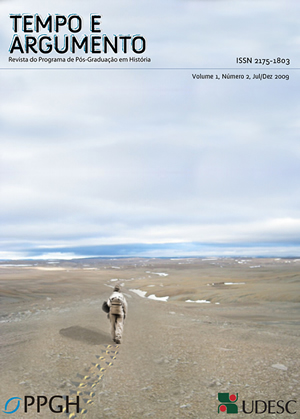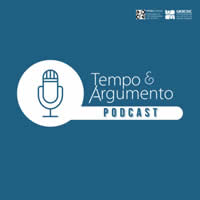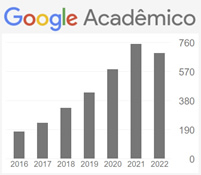Uma pessoa dedicada de corpo e alma à revolução: quem eram os Guerrilheiros da PRT-ERP da Argentina?
Palavras-chave:
Argentina, guerrilha, militância, história de vida, luta armadaResumo
O PRT-ERP foi uma das principais organizações guerrilheiras argentinas entre 1969 e 1977. Um dos principais problemas de todo tipo de análise de organizações clandestinas e perseguidas, tal como PRT-ERP, está asociado ao perfil de seus integrantes. Isto é particularmente complexo porque a quantidade de dados disponíveis são escassos. Neste estudo procuramos reconstruir o perfil dos militantes do PRT-ERP. Neste sentido, procuramos centrar a análise na identificação dos integrantes, de onde provinham, qual era sua história familiar e laboral, qual foi o seu processo de politização e quais fatores incidiram no mesmo, por que se incorporaram a esta organização e não a outra. Em função disto, procuramos reconstruir a história de vida de uma quantidade de militantes, aspirantes e simpatizantes da organização entre 1968 e 1976 e, assim, esta reconstrução foi feita tendo em vista uma série de fontes de informações muito variadas, incluindo documentos partidários e testemunhos de militantes.
Downloads
Referências
FAMUS. Operación Independencia. Buenos Aires: Edición del autor, 1988.
JOHNSON, Kenneth. Guerrilla Politics in Argentina. Conflict Studies 63, Octubre, 1975.
MATTINI, Luis. Hombres y mujeres del PRT-ERP. Buenos Aires: Editorial Contrapunto, 1990.
MOYANO, María José. Argentina’s Lost Patrol. Armed Struggle, 1969-1979. New Haven: Yale University Press, 1995.
POZZI, Pablo; SCHNEIDER, Alejandro. Los setentistas. Izquierda y clase obrera (1969-1976). Buenos Aires: EUDEBA, 2000.
SEOANE, María Todo o nada. La historia secreta y política del jefe guerrillero Mario Roberto Santucho. Buenos Aires: Editorial Planeta, 1992.
SWEEZY, Paul. Capitalismo e imperialismo norte americano. Buenos Aires: Merayo Editor, 1973.
Downloads
Publicado
Como Citar
Edição
Seção
Licença
Copyright (c) 2009 Tempo e Argumento

Este trabalho está licenciado sob uma licença Creative Commons Attribution-NonCommercial 4.0 International License.
Os artigos cujos autores são identificados representam a expressão do ponto de vista de seus autores e não a posição oficial da Tempo e Argumento.





